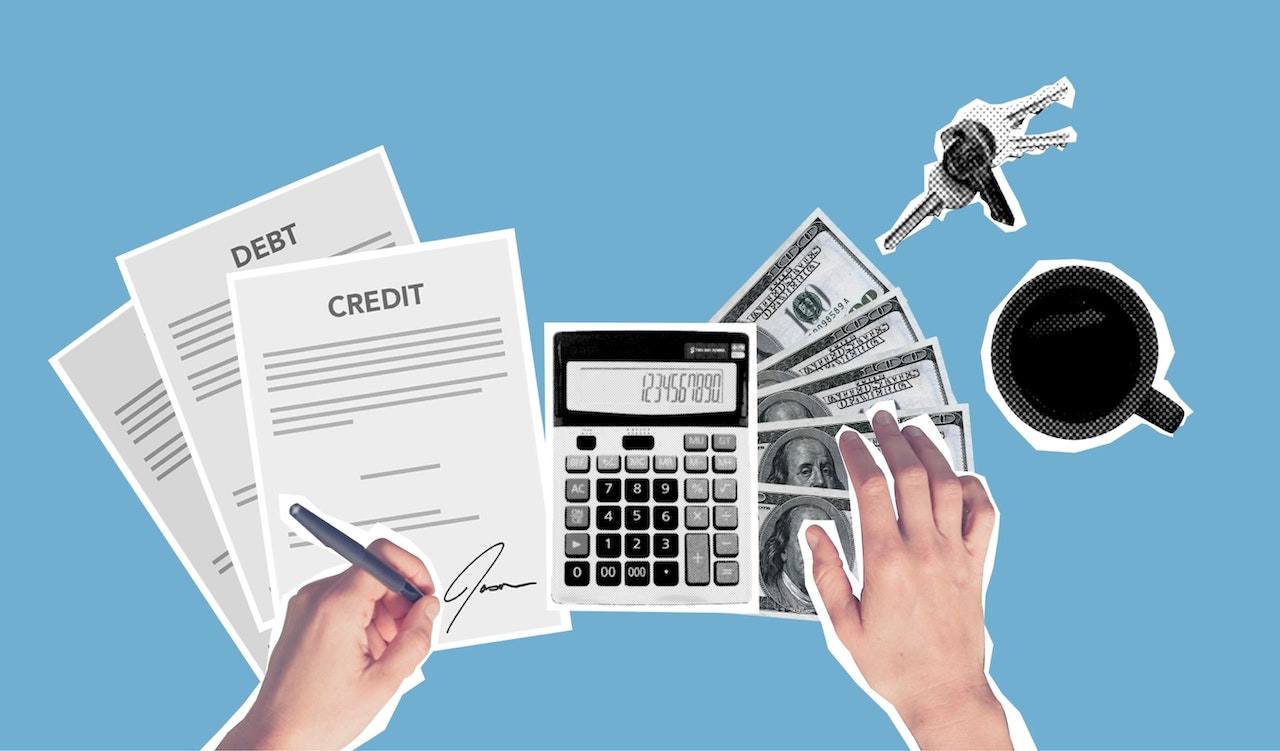Having money is not the same as managing money. Learning to manage your cash responsibly can be challenging and feel impossible at times, especially with bills piling up and financial responsibilities growing more substantial. Fortunately, there are several ways to manage your money in a way that helps you achieve financial stability while also allowing you to meet your short-term goals and long-term aspirations. Money management involves the various activities and techniques used to effectively track, allocate, and plan how you spend your money on a day-to-day basis and over the course of a longer period. The right balance between borrowing, budgeting, and managing your money can help you thrive financially, no matter what stage of life you’re currently in.
Why is it Important to Manage money?
Managing your money is crucial if you want to reach financial stability. You may be tempted to postpone dealing with your finances until you have a more secure, consistent cash flow. However, not managing your money now can result in serious financial problems. Managing your money allows you to be proactive when dealing with your finances so you can avoid difficulty when it comes to managing your money. Managing your money also will enable you to be smart with your cash flow to achieve financial goals, such as saving for retirement, purchasing a home, and paying for your children’s education. Also, managing your money can help you avoid missing payments, incurring late fees, and suffering from poor credit.
Borrowing for Financial Flexibility
Borrowing money can be a way to acquire financial flexibility when needed, and these days you can get a loan online with ease. Borrowing money can help you meet urgent financial obligations and make essential purchases, such as funding your education. Borrowing money, however, can also cause your debt to grow, which may result in financial worry. Managing your debt includes monitoring your payments and prioritizing paying back high-interest loans first. It is also important to avoid borrowing more than you can repay. Borrowing money to meet short-term financial obligations (for example, to pay bills or buy a car) might be necessary. However, it would be best if you strived to repay these debts as quickly as possible.
Managing Your Budget
A budget is an essential tool for managing your money. Budgets are helpful because they help track how you spend your money. A budget is a plan that outlines the amount of money you should spend on certain essentials throughout the year. It also takes into account expected income and debts that must be repaid. Once you’ve created a budget, you should track your expenses. Budgeting is not easy, but it can be done. First, decide on your priorities. For example, you may want to focus on paying off debt. Once you have decided on your priorities, create a budget based on these items.
Budgeting Basics
– Set your monthly budget. Once you’ve decided on your priorities, you should set a monthly budget. Your budget should include expenses such as rent, utilities, groceries, transportation, and health care. In addition, it is important to include items that may not be obvious, such as car insurance and student loan payments. Your budget should also include any monthly debt repayments you have scheduled. – Track your expenses. Once you’ve created a budget, it is essential to track your expenses. One of the best ways to do this is to use a budget-tracking app. You can also keep track of your expenses using a paper notebook or spreadsheet. Make sure to track all of your expenses, including recurring bills and debt repayments. – Make adjustments to your budget. Your budget may need to be adjusted from time to time. For example, if you notice that you are spending too much on groceries, you may want to cut back a bit. Alternatively, if you see that you aren’t saving enough each month, you may want to increase your savings amount.
Managing your cash flow and tracking expenses
Tracking your expenses is an essential part of managing your cash flow. Tracking your expenses allows you to see how much you spend each month on essential items. Ideally, it would be best to track all of your expenses, including recurring bills. Creating a budget is only one part of the process when it comes to managing your cash flow. You also need to track your expenses. There are many ways in which you can track your expenses. You can use a paper notebook or spreadsheet, an online budgeting tool, or a budget app.
Summing up
Managing your money involves the various activities and techniques used to effectively track, allocate, and plan how you spend your money on a day-to-day basis and over the course of a more extended period. The right balance between borrowing, budgeting, and managing your money can help you thrive financially, no matter what stage of life you’re currently in.










